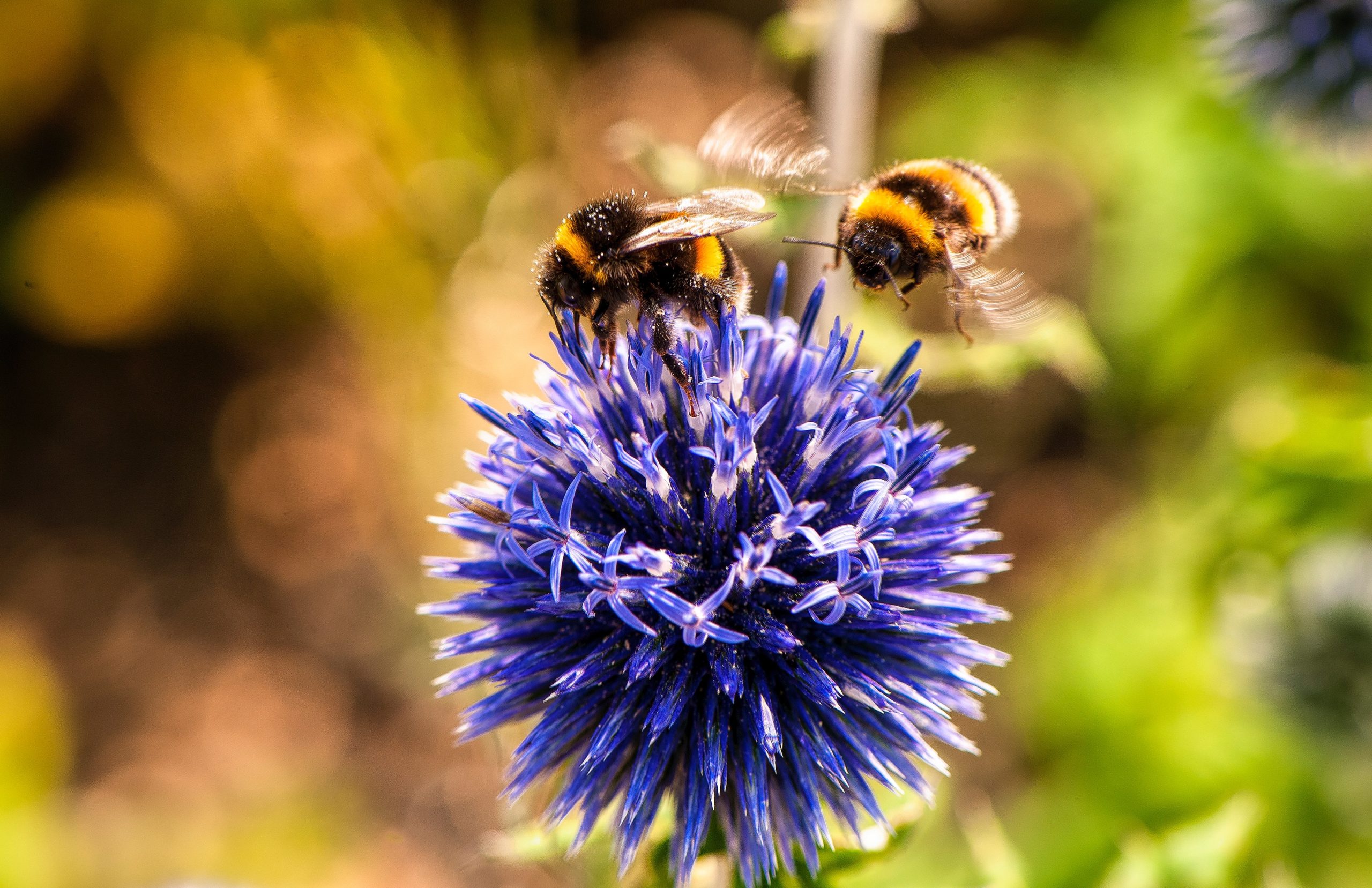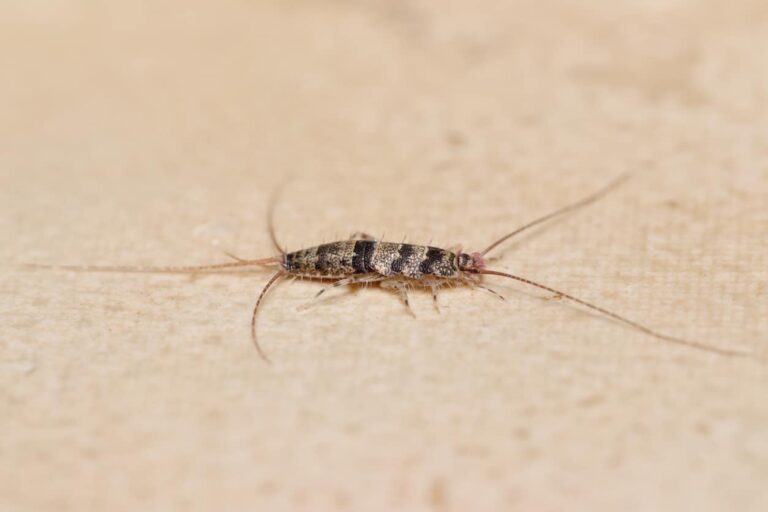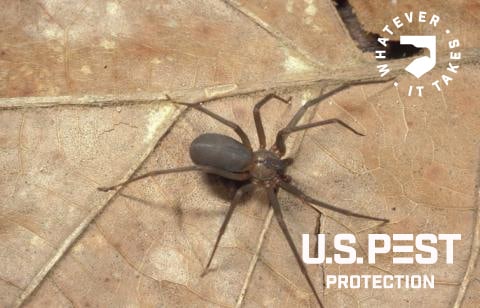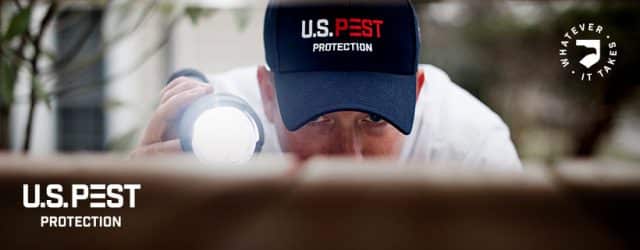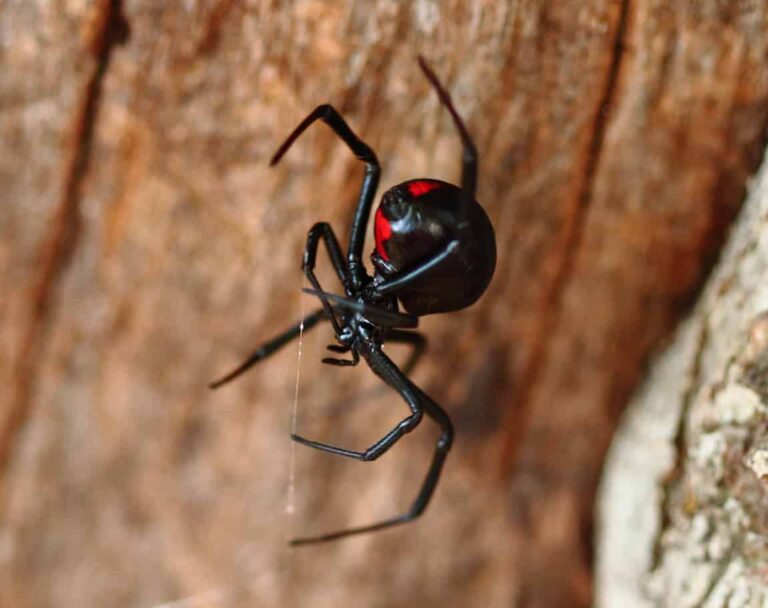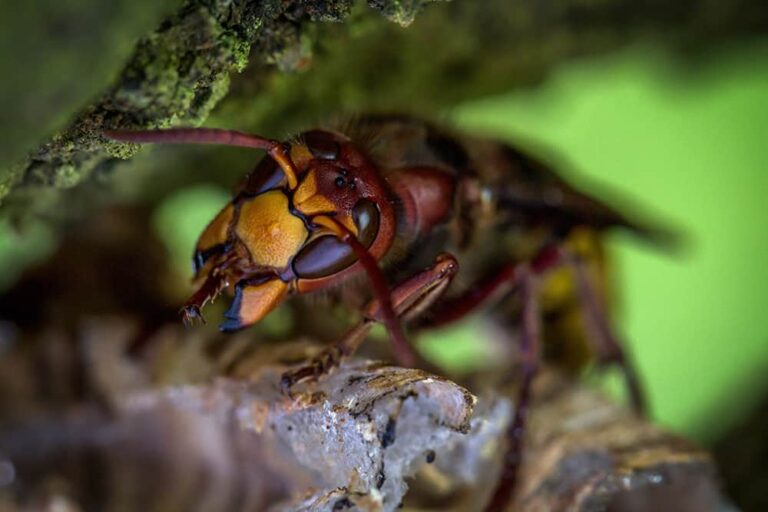The Different Kinds Of Pollinators
The Different Kinds Of Pollinators – There are a variety of Pollinators that help keep our earth green. They range from everything to honeybees all the way to bats. Pollinators aren’t just insects, there are also a variety of animals who help pollinate the earths flowers. A pollinator is anything that helps carry pollen from the male part of the flower, the stamen, to the female part of the same or another flower, the stigma. The movement of pollen must occur for the plant to become fertilized and produce fruits and seeds. Some plants are self-pollinating, while others may be fertilized by pollen carried by wind or water. For the most part flowers are pollinated by insects and animals.
Insect Pollinators
Animal pollinators
- Bats
- Hummingbirds
- Honey possum
- Lemurs
Why are there so many kinds of pollinators?
- The nectar within flowers is what attracts the insects and the animals to it. Some flowers that have more brighter colors help to attract bees and other insects.
- Plants rely on bees and other insects to reproduce. This has forced them to adapt over time to help attract insects to help them pollinate. Bees are drawn to plants with open or flat tubular flowers with lots of pollen and nectar.
- When insects go to take the nectar the pollen sticks to them. They then go flower to flower carrying this pollen helping to pollinate the flower in the process.
- All these factors over time have increased the number of pollinators. The increased number of pollinators has led to the growth of more flowers.
Where can you find them?
- If you have a well-maintained garden in your backyard that is the best spot to check for pollinators. Especially bumble bees and honeybees, will be attracted to your gardens flowers and will be easy to spot.
- At any large retail store such as Target or Walmart you can buy a hummingbird feeder. This will help attract hummingbirds closer to your home. These feeders are relatively inexpensive, and the sights are worth every penny.
To learn more about pollinators visit our website at uspest.com.

